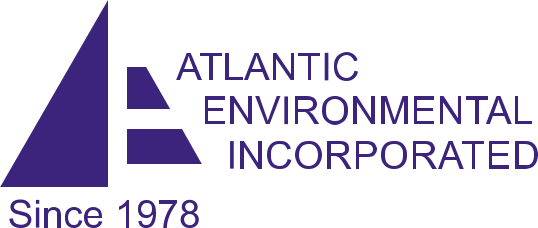Child Care Center (CCC) Mold Inspection & Assessments: Atlantic Environmental
Did you know that mold can be virtually impossible to detect without the proper equipment? Mold is a silent danger that often goes unnoticed until it starts making people sick.
By the time you realize mold is growing, chances are it’s causing respiratory problems and allergies for those exposed. These respiratory symptoms can have lasting implications for children.
When running a facility that involves the well-being of children, it’s essential to make sure that your facility poses no unnecessary risks. Conducting a mold inspection ensures the safety of the people in your facility and ensures that it’s up to code as well.
Keep reading to learn more about the dangers of mold.
How to Know When You Might Have Mold
Mold can grow wherever moisture is present. Carpets, wood, drywall, and any material able to absorb water are at risk for mold contamination. Mold spores can spread quickly and are invisible to the naked eye.
While you can sometimes see the mold growing visibly and smell its hallmark musty scent, most of the time, it’s growing behind walls where its smell and visibility are obscured.
Black mold, for instance, is a toxic mold that can quickly ruin a facility or house and cause severe symptoms in people, especially in individuals that are allergic to mold. If you have a hidden water leak or a humidity level that exceeds 60%, you most likely have mold.
Conducting a Mold Inspection Is Vital
Mold inspections are the only way to ensure you don’t have mold growing in your facility. Unfortunately, what may seem like adequate air ventilation to your senses may be the breeding ground mold spores need to thrive. Like those at Atlantic Environmental, indoor air quality specialists can take air samples and test them for mold spores and their severity.
Mold actively growing in walls creates hot spots within the drywall. By using equipment that can read infrared and detect these thermal differences within your walls, these specialists can determine the extent of your mold infestation. After the presence of mold is confirmed, they will determine the proper course of action with each mold assessment.
The Dangers That Mold Represents to Children
Different species of mold can create mycotoxins. These are toxins that are created by mold and can be released into the air along with their spores. When absorbed into the body, either through the skin, oral ingestion, or even inhalation, they can cause immune responses that create inflammation.
While no one is immune to the effects of mold, children are especially at risk of getting sick. This is because children have delicate immune systems that are more vulnerable than an adult immune system. Because of this, children can become much more ill quickly, with less exposure time.
Ensure Your Child Care Center (CCC) Facility is Mold Free Today
Because mold spores are always in the air in small quantities, it’s possible to get ahead of mold before it becomes a problem. By monitoring your facility’s moisture and humidity levels, you can detect when to call for a mold inspection. Running a child care center means that it’s up to you to keep the children within your facility safe.
At Atlantic Environmental, we’re here to help you. With our years of experience and education, we want to use our expertise to keep your air quality safe.
Click here to learn more about how Atlantic Environmental can help keep your child care center (CCC) facility mold-free today!
Our child care center (CCC) mold inspection and assessments serve NJ, NY, PA, CT, GA, and DE.



